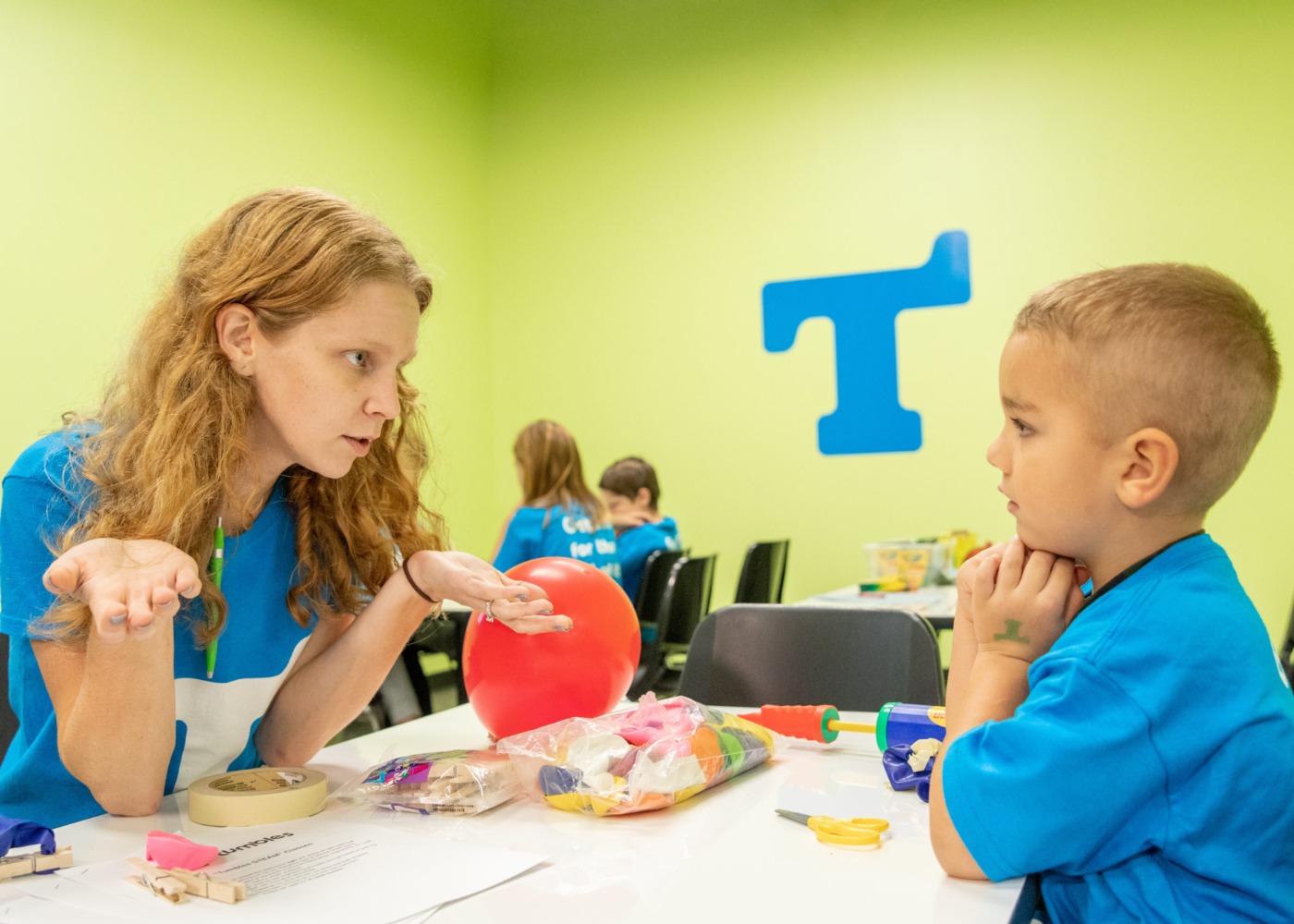
Considerations for STEM Education from PreK through Grade 3
May 27, 2021Now is the Time to Increase Children’s Early Exposure to STEM
Quality early STEM experiences provide a critical foundation for learning about these disciplines in ways that facilitate later learning and that are called for by the Common Core State Standards for Mathematics, Next Generation Science Standards, and International Standards for Technology in Education. Early childhood educators have a unique opportunity to benefit all students by bringing the STEM disciplines into greater balance with literacy, reducing early inequities in access and opportunity to learn STEM, and developing skills and understandings that students can build on as they progress through school and into civic life and the workforce.
A Vision for Early Learning in STEM
Learning in the STEM disciplines, done well, is rich in experiences, problem-solving, and communication. It provides natural opportunities for language development and use. Young children begin the process of developing conceptual understanding through investigating, discussing, reading, and writing about STEM-related ideas and phenomena. They are capable of broad and deep learning in STEM if provided with coherent, consistent instruction over years.
 +1 833 496 7836 (833 GYM STEM)
+1 833 496 7836 (833 GYM STEM) franchise@tumbles.net
franchise@tumbles.net





